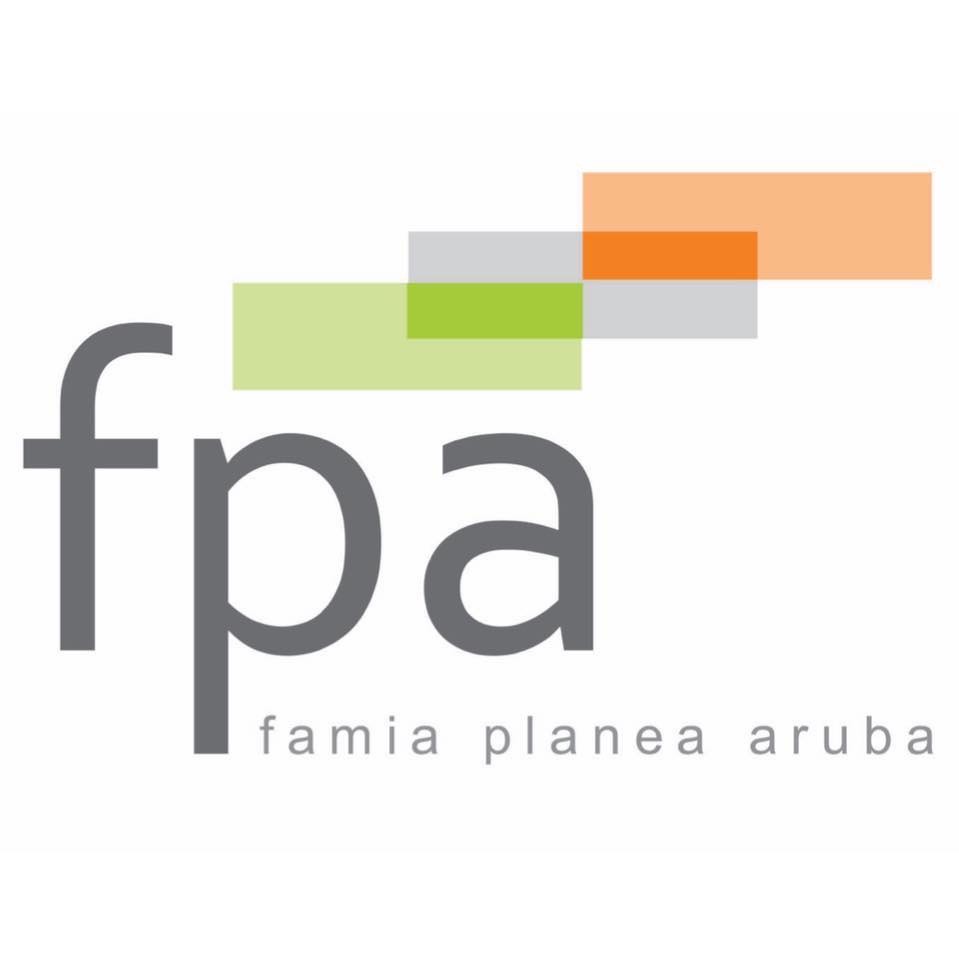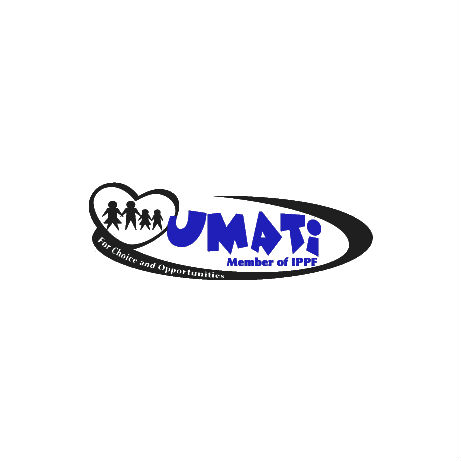

| 31 March 2016
Foundation for the Promotion of Responsible Parenthood - Aruba
Aruba's social and economic challenges during the 1960s has led to the creation of a framework for working together to improve the sexual and reproductive health of the Aruban community. As a result, the Foundation for the Promotion of Responsible Parenthood - Aruba, also referred to as Family Planning Aruba (FPA), was launched on 24 November 1970. Over the past seventy years FPA has fulfilled some of its members/clients and services. Awendia FPA annually provides service to approximately 4,200 clients, reaching 5,250 students with comprehensive sexuality education, distributing 20,000 contraceptive products and 150,000 condoms annually. FPA has over forty-nine years of experience in the field, is recognized as a partner of the International Planned Parenthood Federation and the Aruban Government and has played a crucial role in providing leadership in the family planning movement in Aruba. The mission of the Foundation for the Promotion of Responsible Parenthood - Aruba is to promote the right and accessibility of service, guidance, information and education on contraception and sexual and reproductive health in the Aruban community, without any discrimination of race, religion, political, or sexual orientation.

| 31 March 2016
Uzazi na Malezi Bora Tanzania
Chama cha Uzazi na Malezi Bora Tanzania (UMATI) is an autonomous, non-political national NGO providing Sexual and Reproductive Health and Rights (SRHR) information, education, and services in Tanzania. It was established in 1959 and became a full IPPF Member Association in 1973. Since then, it has developed a comprehensive range of sexual and reproductive health (SRH) services for Tanzanian young people. UMATI invests in the provision of gender responsiveness SRH services youth and women empowerment, and evidence-based advocacy through result-based projects implemented in 20 regions in Tanzania Mainland, and Zanzibar. UMATI recognizes that AGYW and ABYM experience different health needs and risks especially those related to HIV, STIs, and sexual gender-based violence. UMATI’s SRH programmes are developed based on the unmet need and government priorities and its SRH and FP service delivery has always been targeting the hard-to-reach communities, socially excluded and under-served people especially women, girls, and young people, and the key population. UMATI empowers adolescents and young people (10-24) to realize and demand their SRHR for effective utilization of the services. The Association, through the Comprehensive Sexuality Education (CSE) approach, reaches young people with knowledge, skills, and Social Behaviour Change Communication (SBCC) messages to freely access services at UMATI clinics, youth centers, and selected government facilities. Different approaches are used to reach adolescents and youth such as peer education sessions, IEC/BCC Materials, debate, health talk/dialogues, folk media, social media, radio, TV, e-sessions, community forum/dialogues, community meetings, and SRH service outreaches. UMATI collaborates with the Ministry of Health and Local Government Authorities to provide SRH services through 943 service points which include its own 5 permanent clinics and seven youth centers and support 391 community-based distributors/community-based services (CBDs/CBSs). UMATI’s SRH programmes are effectively maintained and delivered by 76 committed staff, 340 peer educators and a youth action movement membership of 400 activists. UMATI receives funding support for its programmes from donors and partners such as Youth Incentives, Pathfinder International, PLAN International, UKAIDS, She Decides, UNICEF, UNFPA, Bills & Melinda Gates Foundation, Health Action International, SIMAVI, BERGSTROM Foundation, ZENSHO, and ActionAid Tanzania.







